What is Special Zone Minpaku?
Even if you have heard the name, you might not be familiar with the specifics of Special Zone Minpaku. This section will provide an overview of Special Zone Minpaku, helping you distinguish it from other minpaku businesses.
[ To understand about Minpaku : Undestanding lodging in japan ]
The official name of Special Zone Minpaku is “National Strategic Special Zones Act(portion related to Special Zone Private Lodging)” This designation falls under the National Strategic Special Zone, which is intended to implement necessary reforms for growth strategies and to create an environment conducive to global business. Municipalities within these areas are subject to Special Zone Minpaku regulations, and additional certification requirements also apply. Furthermore, being certified by the governor of the applicable prefecture exempts the business from the Hotel Business Act.
Differences Between Special Zone Minpaku and Other Minpaku Types
Minpaku businesses are mainly divided into three types:
- Inns and Hotels Act(Simple Lodging)
- Special Zone Minpaku:National Strategic Special Zones Act(portion related to Special Zone Private Lodging)
- New Minpaku Law:Private Lodging Business ActThe significant difference of Special Zone Minpaku is that it is limited to certain areas within the National Strategic Special Zone. Simplified Lodging Minpaku requires a license under the Hotel Business Act, while New Minpaku Law allows business start-up with just a notification but restricts operation to 180 days per year.
Certification Requirements for Special Zone Minpaku
To operate a minpaku business under Special Zone Minpaku, certain requirements must be met. This section will explain these certification requirements in detail. Ensure to check if all criteria are met before applying for Special Zone Minpaku.
| Inns and Hotels Act (Simple Lodging) |
National Strategic Special Zones Act (portion related to Special Zone Private Lodging) |
Private Lodging Business Act | |
|---|---|---|---|
| Appropriate Ministries and Agencies | Ministry of Health, Labour and Welfare (MHLW) | Cabinet Office (Ministry of Health, Labour and Welfare (MHLW)) |
Ministry of Land, Infrastructure, Transport and Tourism (MLIT) Ministry of Health, Labour and Welfare (MHLW) Japan Tourism Agency |
| Permission, approval, etc. | Permission | Authorization | Registration |
| Operation in residential areas | Not available | Available (There may be restrictions for each registering municipality) |
Available May be limited by ordinances |
| Limitation on days of operation | No limitation | Subject to 2-night/3-day stay or longer (The minimum days will be set forth in ordinances, but the annual maximum operation days are not set) |
Annual number of days provided are within 180 days (Implementation term may be limited by ordinance) |
| Obligation to create and store a Lodgers’ Registry Book | Required | Required | Required |
| Obligation to install an entryway (structural standard) |
Not required | Not required | Not required |
| Minimum floor space: secure minimum floor space (3.3㎡/lodger) | Minimum floor space required (33㎡. However, 3.3㎡/lodger, if less than 10 lodgers) |
25㎡ or more per room, in principle | Minimum floor space required (3.3㎡/lodger) |
| Hygiene measures | Measures on ventilation, daylight, illumination, dehumidification, cleanliness, etc. | Measures on ventilation, daylight, illumination, dehumidification, cleanliness, etc. and provision of clean room upon the start of use | Measures on ventilation, dehumidification, cleanliness, periodic cleaning, etc. |
| Obligation to take measures to secure safety, including emergency lighting equipment | Required | Required Not required for facilities for 6-night/7-day stay or longer |
Required Not required for facilities with small lodging room area where the house owner lives on the premises |
| Installation of fire protection equipment, etc. | Required | Required | Required Not required for facilities with small lodging room area where the house owner lives on the premises |
| Measures to prevent trouble with neighboring residents | Not required | Required (proper explanation to the neighboring residents, system and method for appropriately responding to complaints and inquiries, and securing contact information) |
Required (Obligation to provide explaination to Lodgers, obligation to respond to complaints) |
| Outsourcing business to a manager upon absence | Not regulated | Not regulated | Regulated |
According to the Ministry of Land, Infrastructure, Transport and Tourism, the guidelines for Minpaku can be found on their official website.
Within the National Strategic Special Zone
Special Zone Minpaku must be within the designated National Strategic Special Zone. However, it is not just any area within these zones; specific areas are further restricted.
Room Area Must Be at Least 25 sqm
The floor area of a single room must be at least 25 sqm. While there are usually no issues with standalone houses, attention is needed for apartments and condominiums.
Installation of a Guest Register
As Special Zone Minpaku usually operates without a host present, a guest register must be installed to check the status of guests. Digital devices like check-in tablets are also recommended.
Notification to Surrounding Residents
Inform residents within a 10-meter radius about the minpaku operation, including the operator’s name, address, facility name, and contact information.
Merits and Demerits of Special Zone Minpaku
This section compares the merits and demerits of Special Zone Minpaku with the Private Lodging Business Act (New Minpaku Law) and the Hotel Business Act (Simplified Lodging).
Comparison with the Private Lodging Business Act (New Minpaku Law)
Merit: No restriction on the number of operational days.
Demerit: A minimum stay of 2 nights and 3 days is required.
Comparison with the Hotel Business Act (Simplified Lodging)
Merit: Less cumbersome certification process.
Demerit: Minimum stay requirement restricts short-term stays.
List of Municipalities Where Special Zone Minpaku is Possible
Special Zone Minpaku can only be operated in designated areas. The applicable municipalities include:
- Ota Ward, Tokyo
- Osaka Prefecture
- Osaka City, Osaka Prefecture
- Kitakyushu City, Fukuoka Prefecture
- Niigata City, Niigata Prefecture
- Chiba City, Chiba Prefecture
As of June 2023, over 3,000 facilities nationwide are certified for Special Zone Minpaku.
Application Process for Special Zone Minpaku
To operate Special Zone Minpaku, certification must be obtained. This section explains the application process in detail. Follow the steps carefully to prepare and submit your application.
Pre-Consultation with the Health Center and Fire Department
Prepare blueprints of the property and consult with the Health Center and Fire Department regarding necessary equipment.
Preparation of Notification Documents for Neighboring Residents
Create notification documents for neighboring residents and ensure they are aware of the minpaku business.
Payment of Application Fees
Pay the application fees, which vary by municipality. For example, Ota Ward in Tokyo charges 20,500 yen for a new certification application.
Document Review and On-Site Inspection
Submit the complete set of documents for review. An on-site inspection will also be conducted.
Issuance of Certification
Once approved, a certification will be issued, allowing you to start your Special Zone Minpaku business.
Understanding the Merits and Starting Special Zone Minpaku
While the areas where Special Zone Minpaku can be operated are limited, there are unique merits compared to other minpaku businesses. Carefully consider the location and certification requirements when starting a minpaku business.

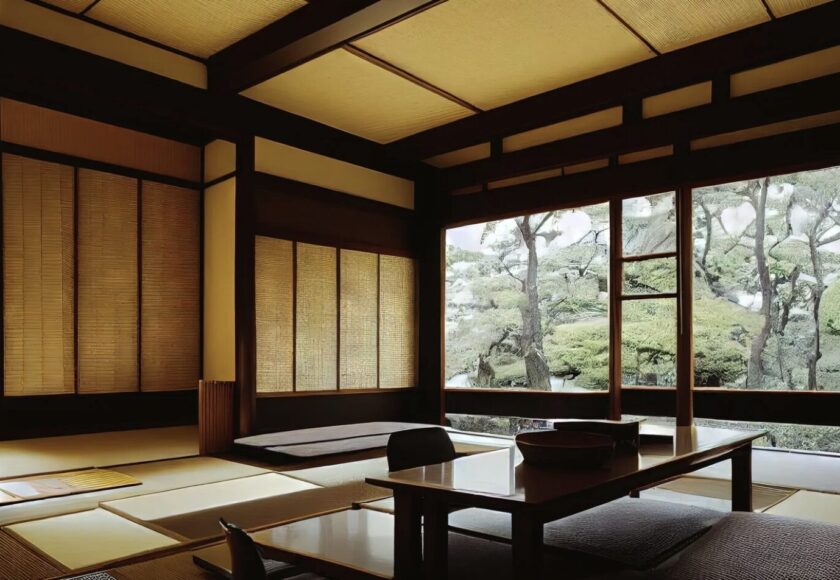

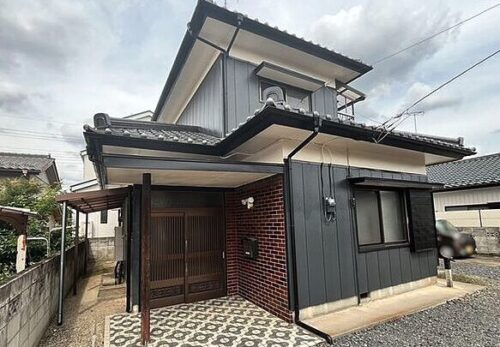
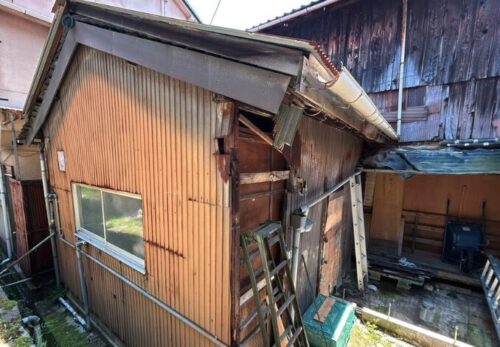
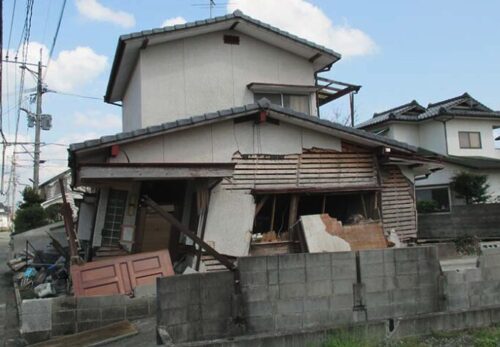
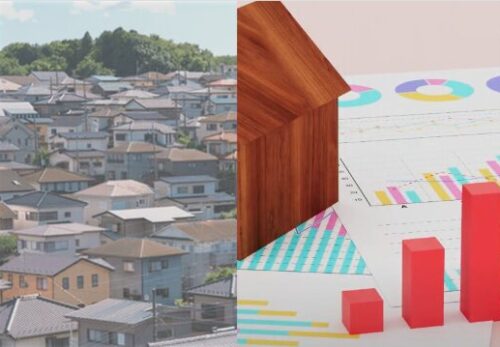
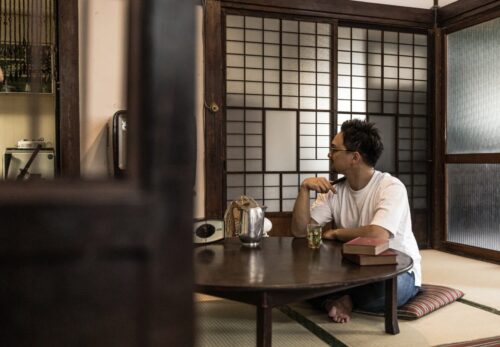
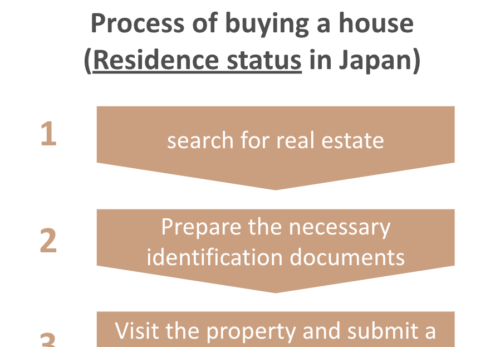
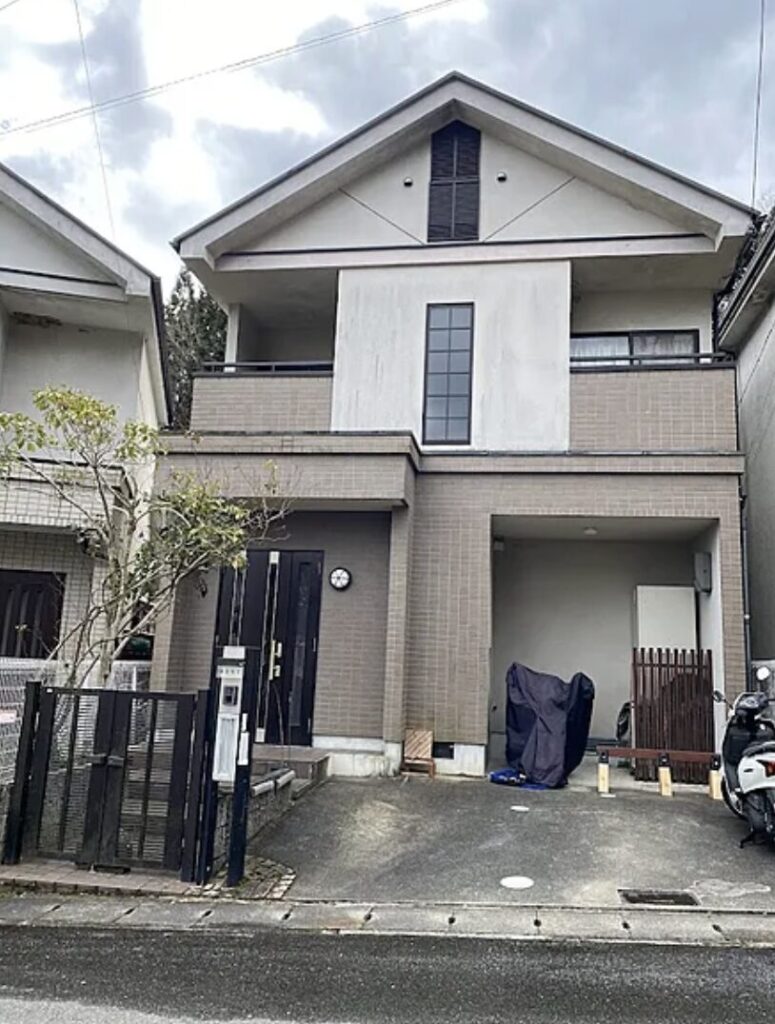
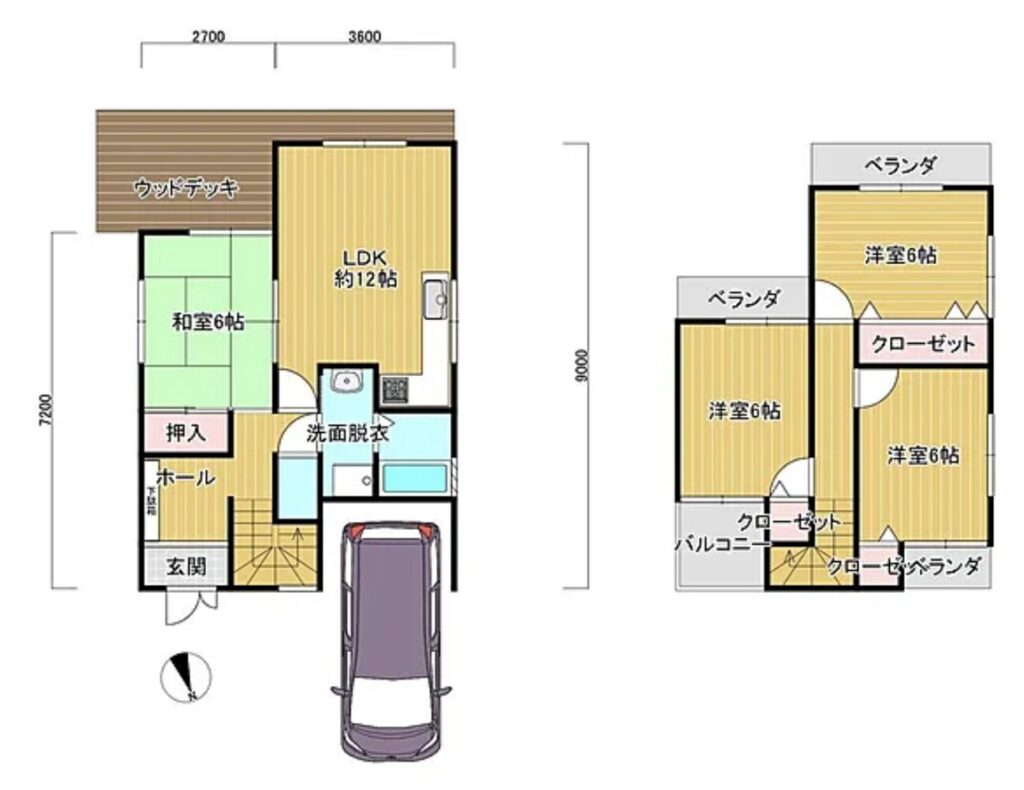
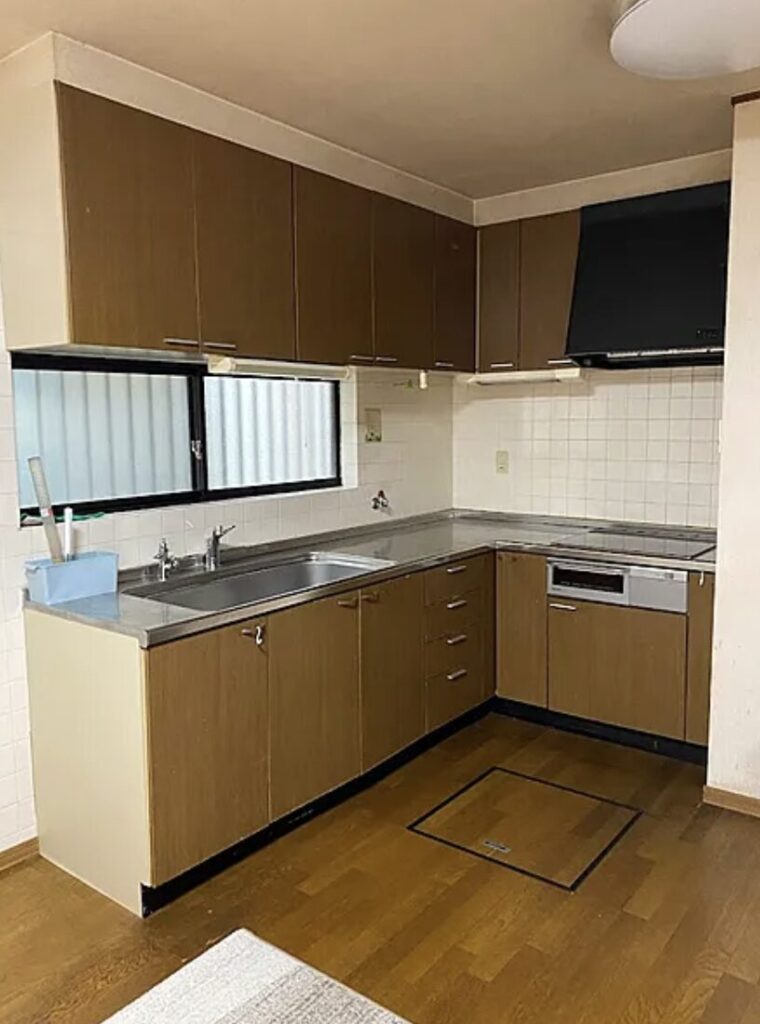
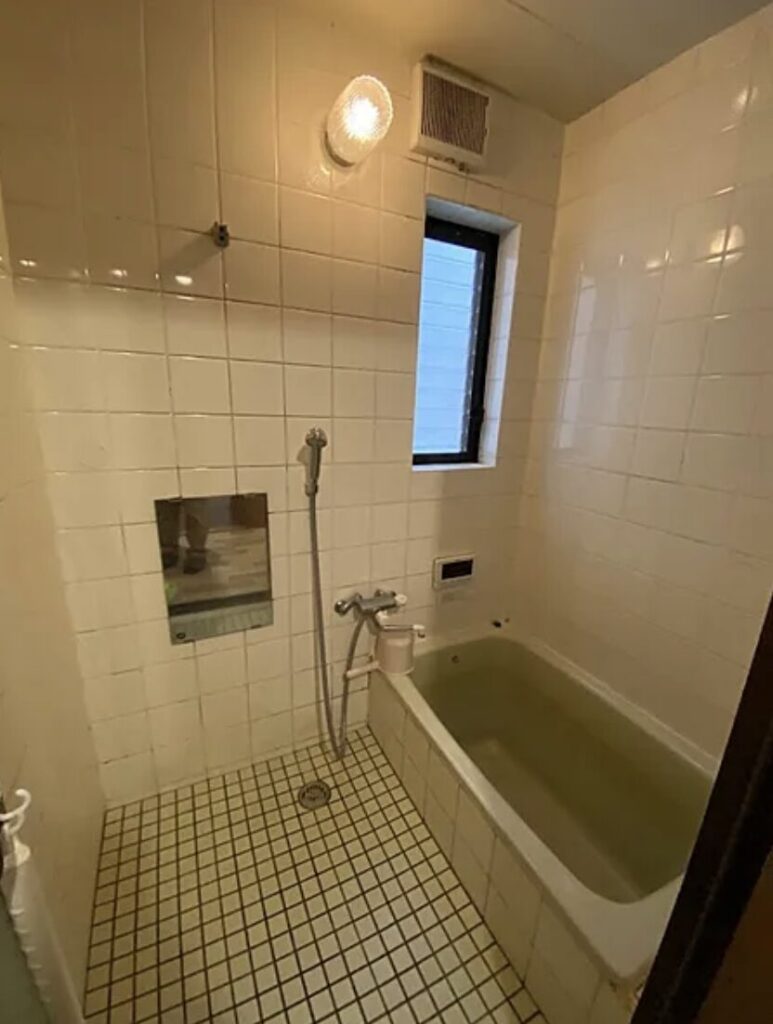
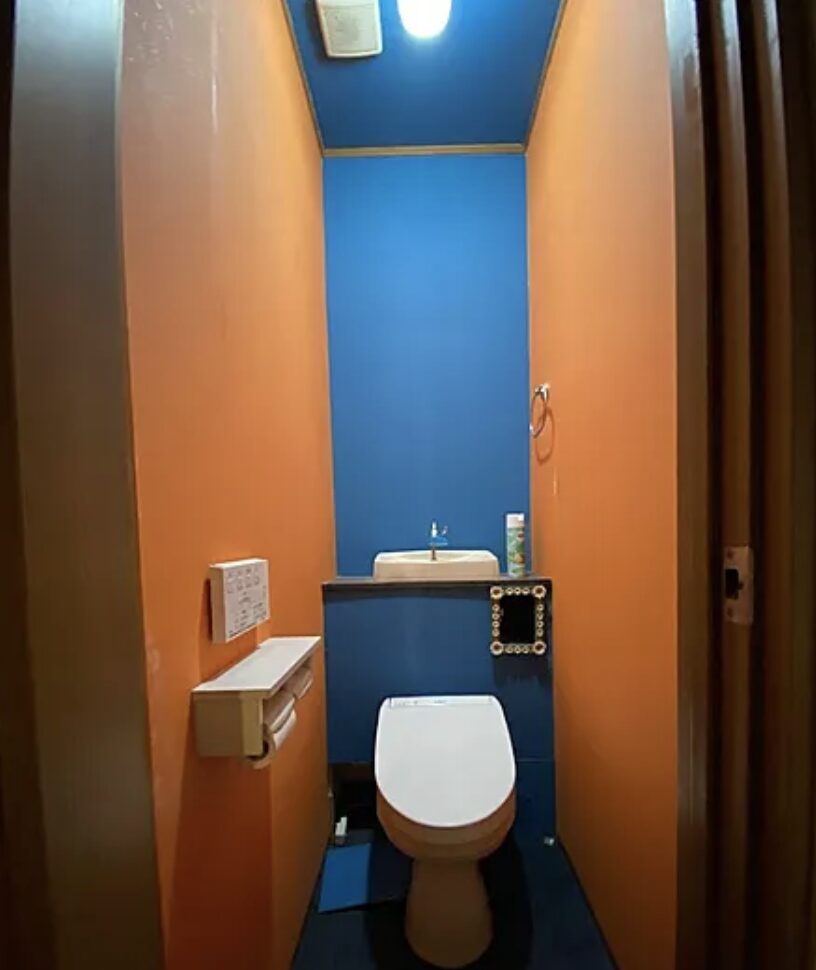
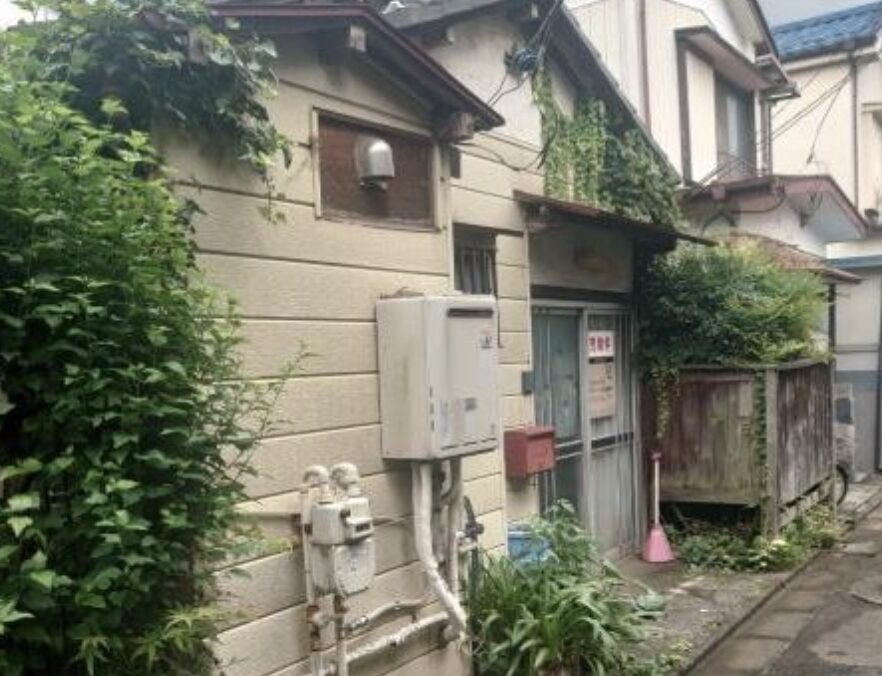
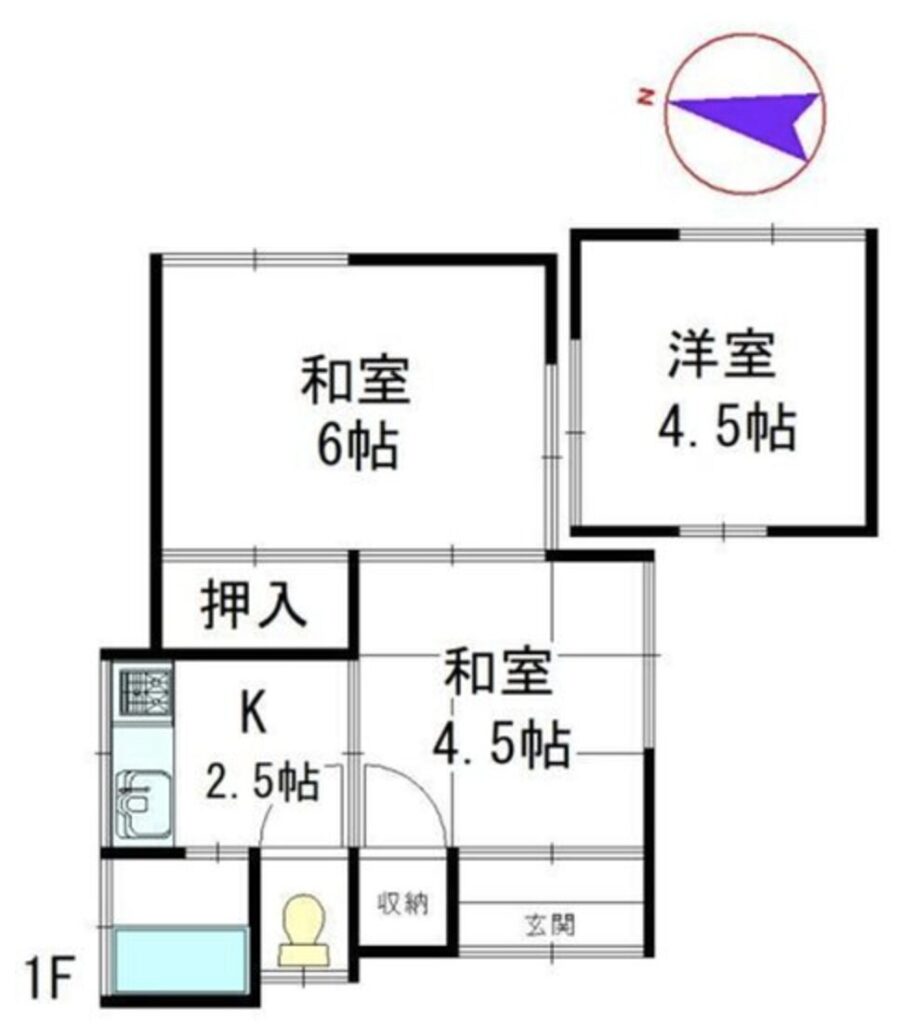
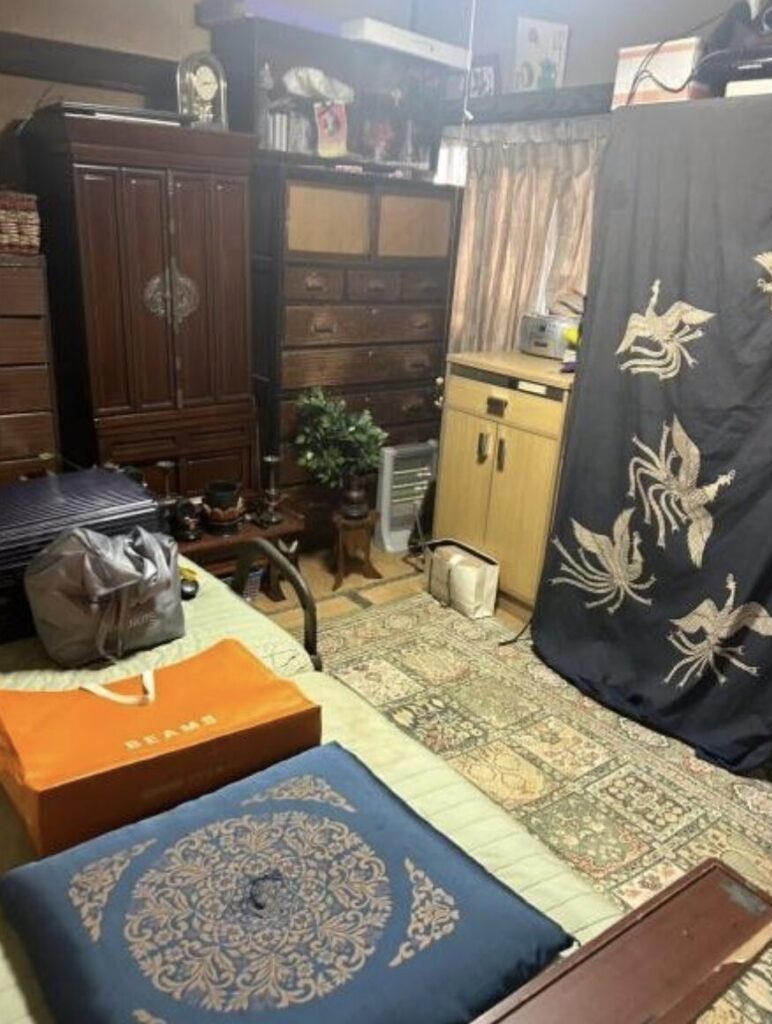
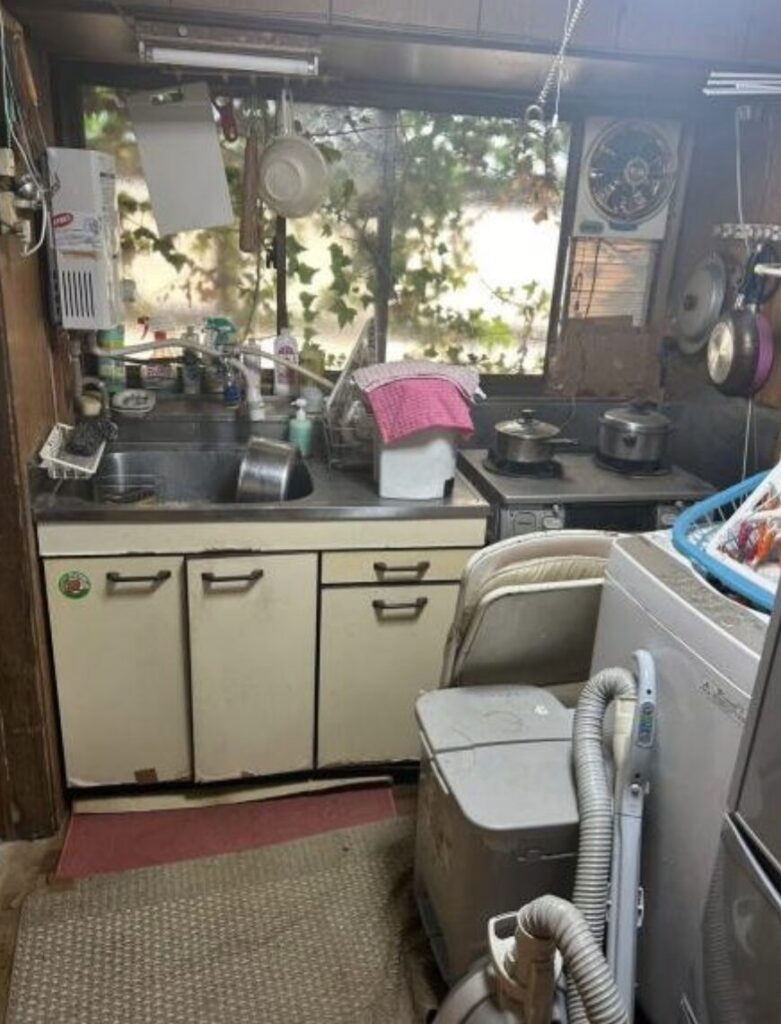
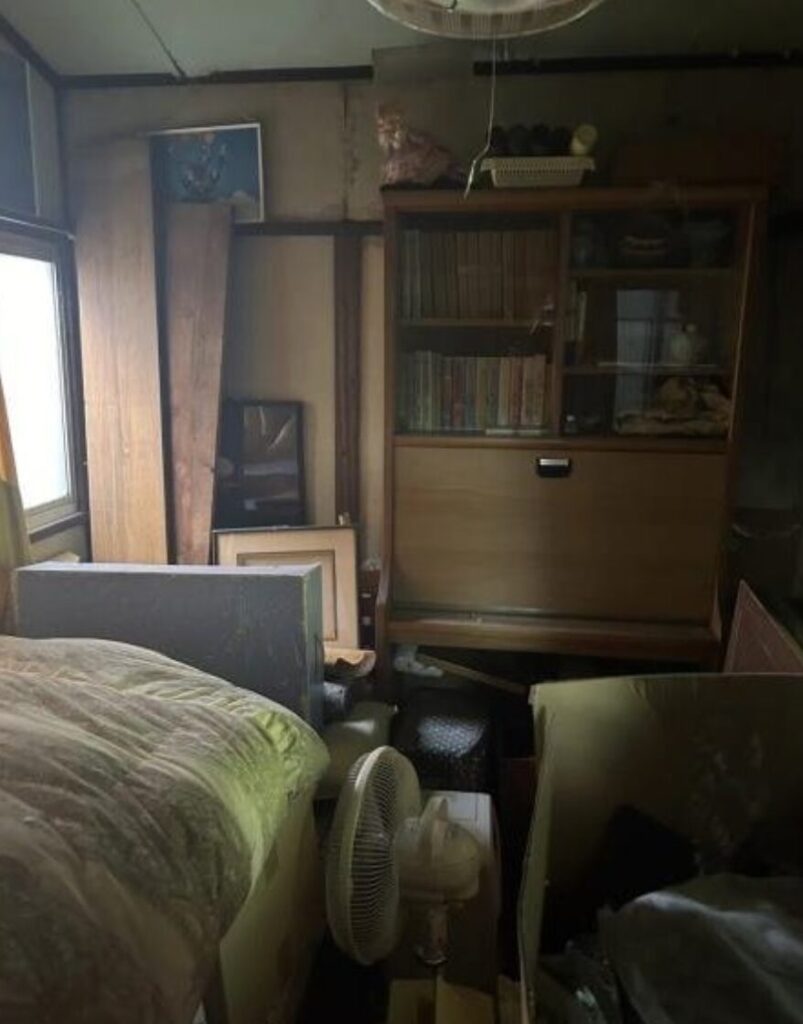
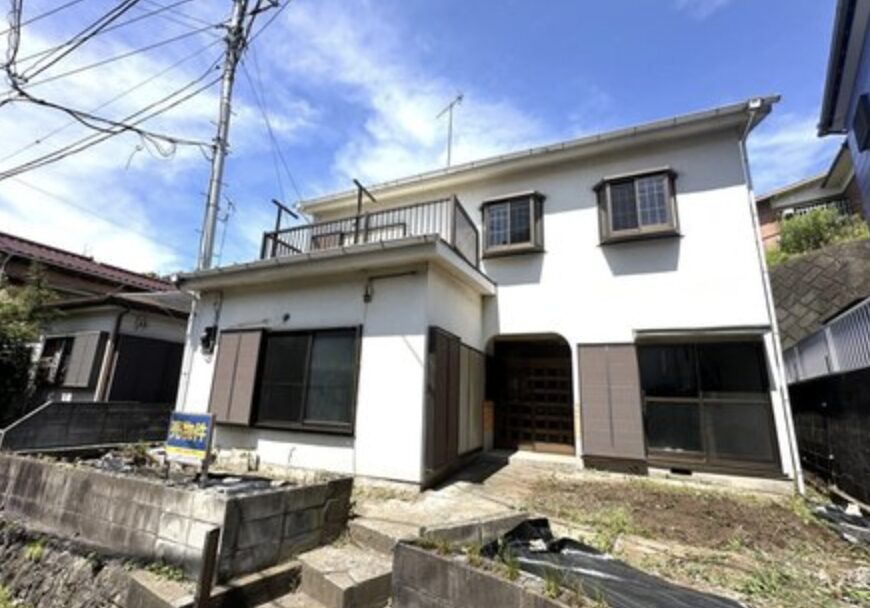
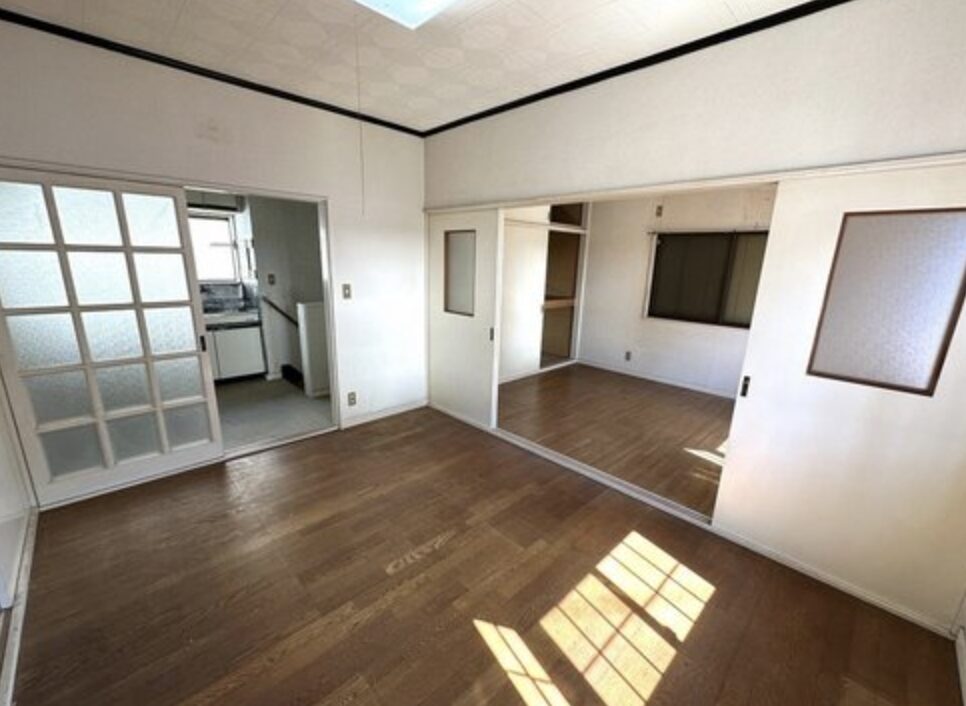
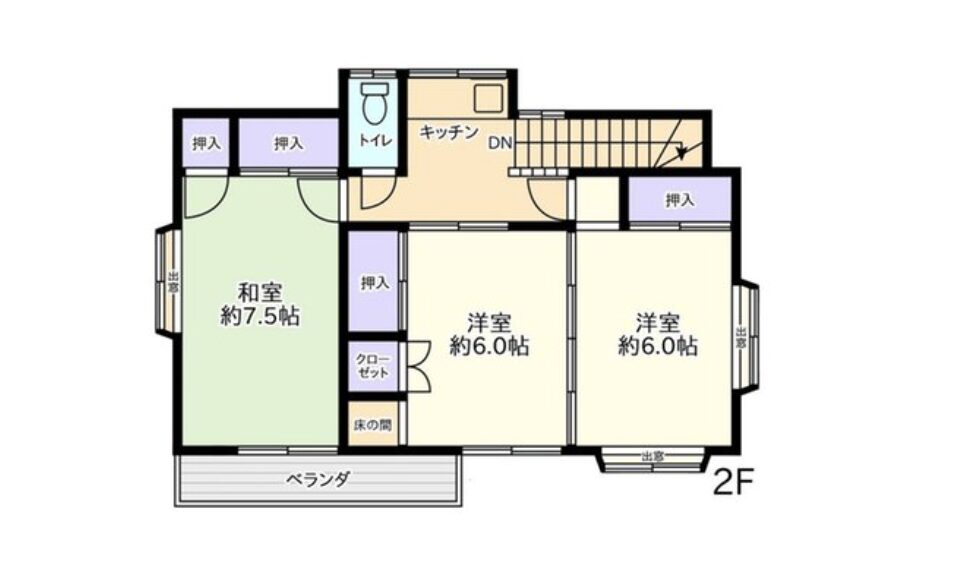
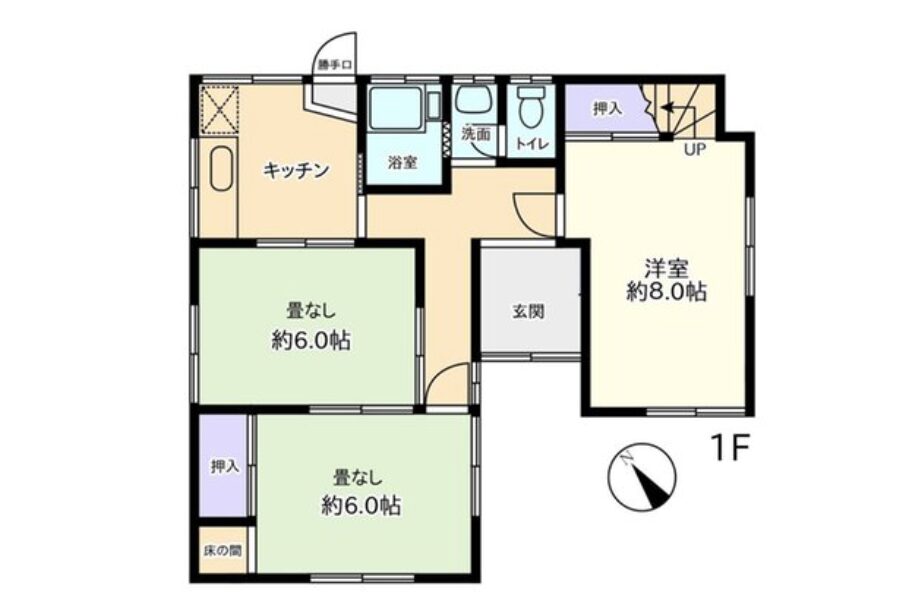
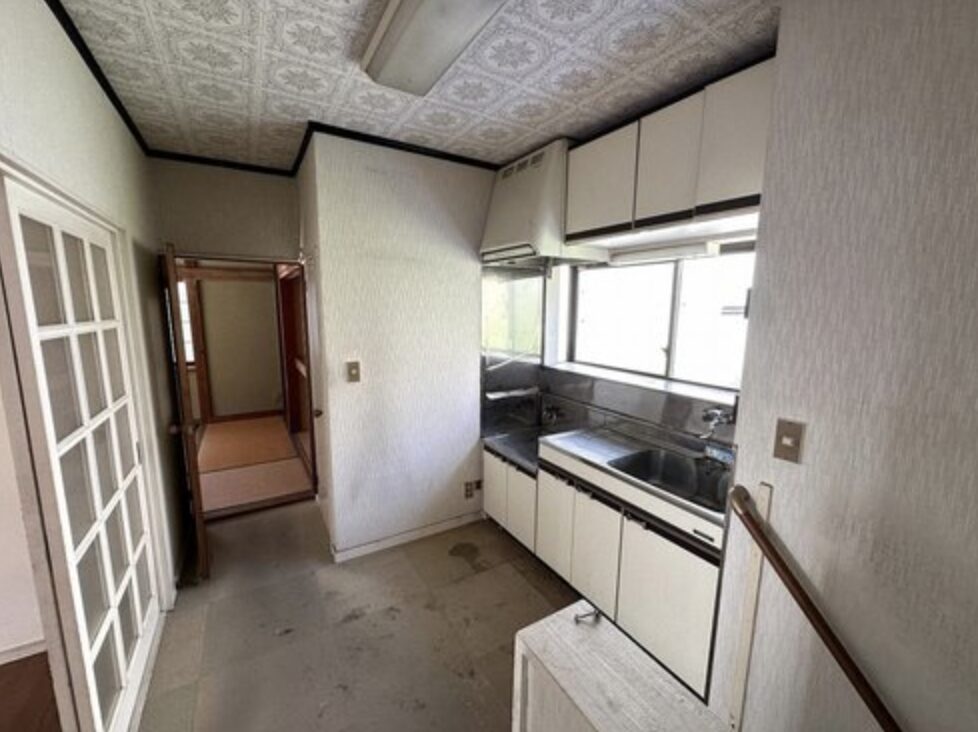
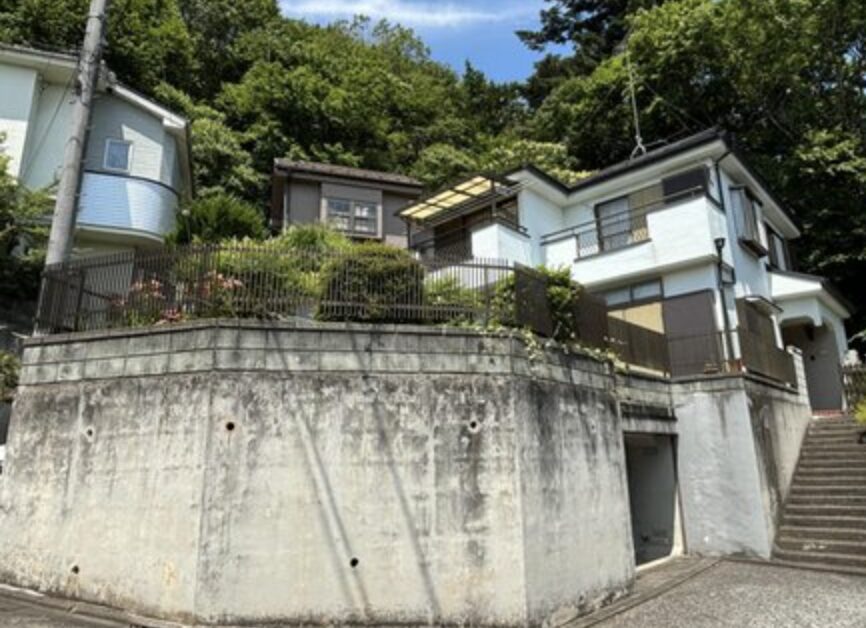
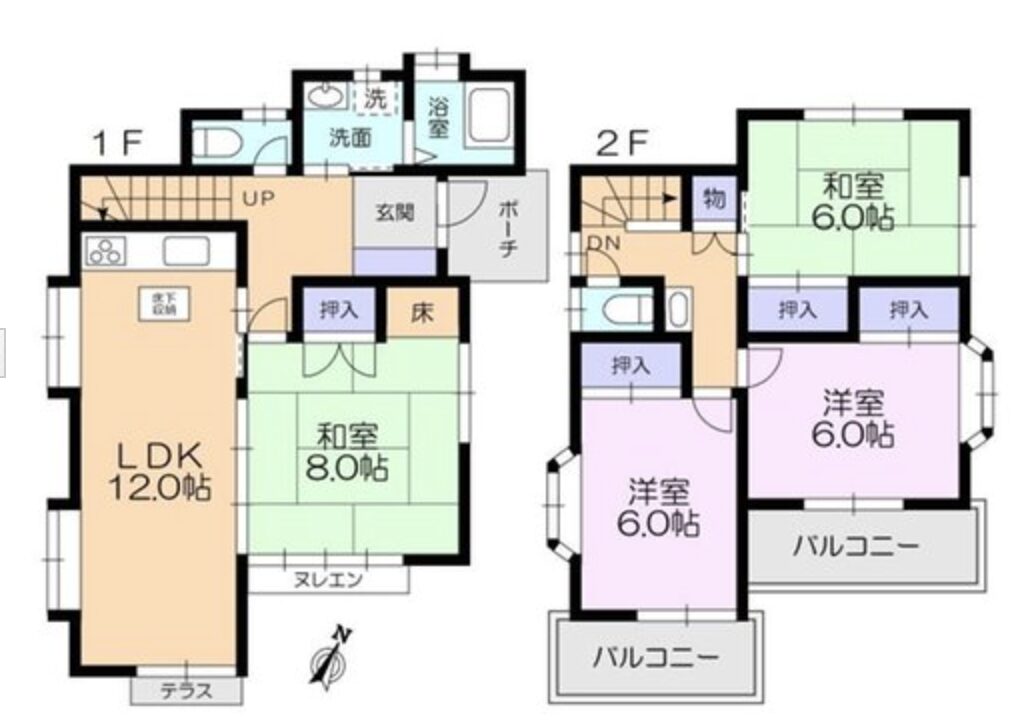
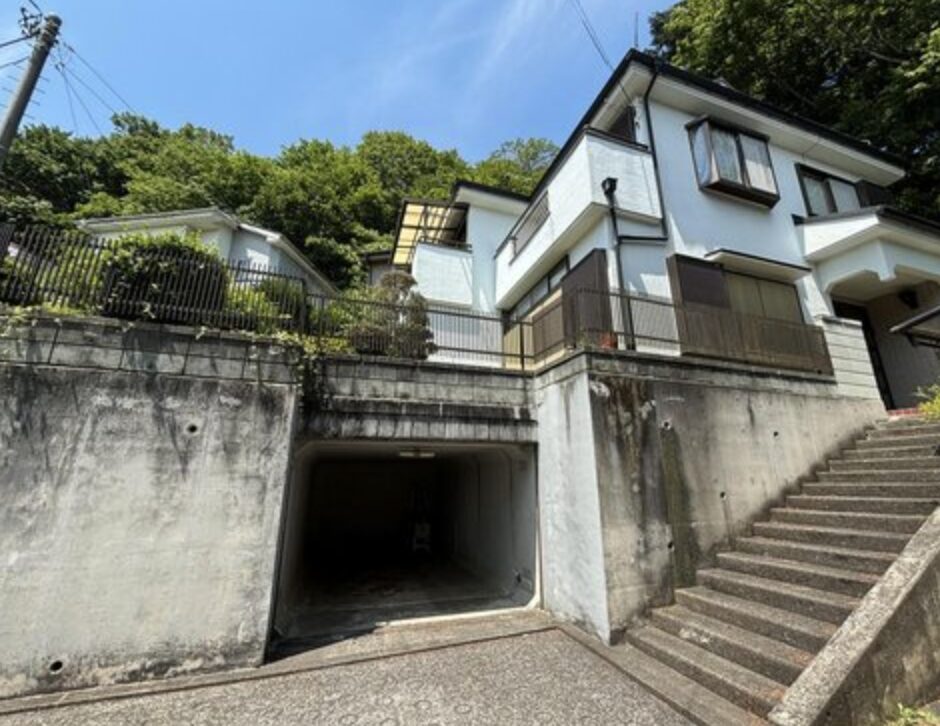
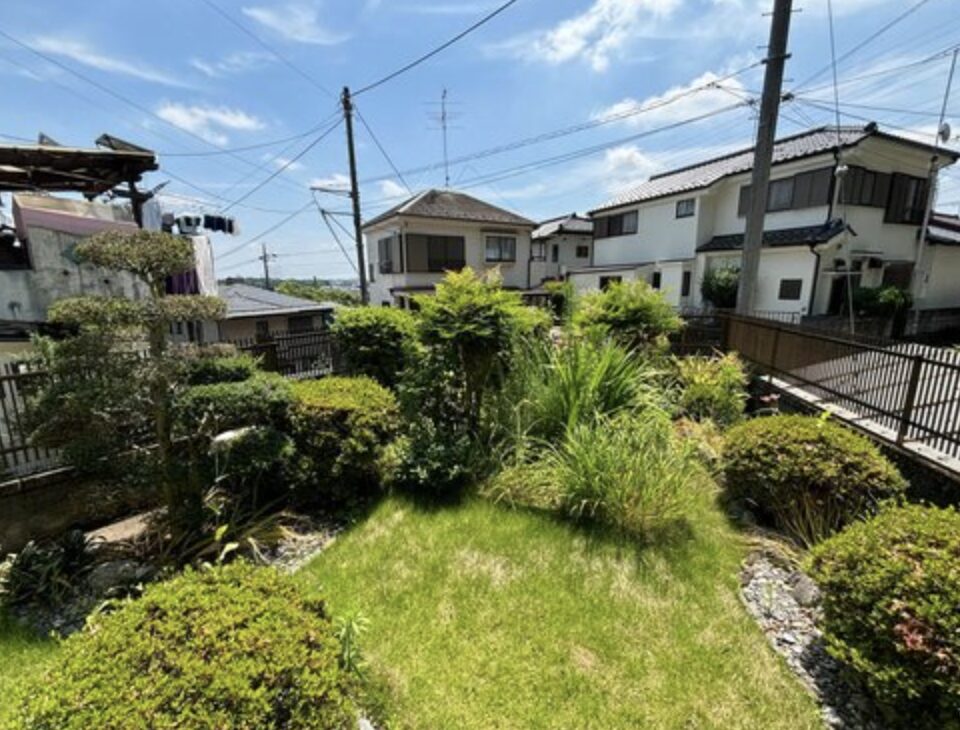
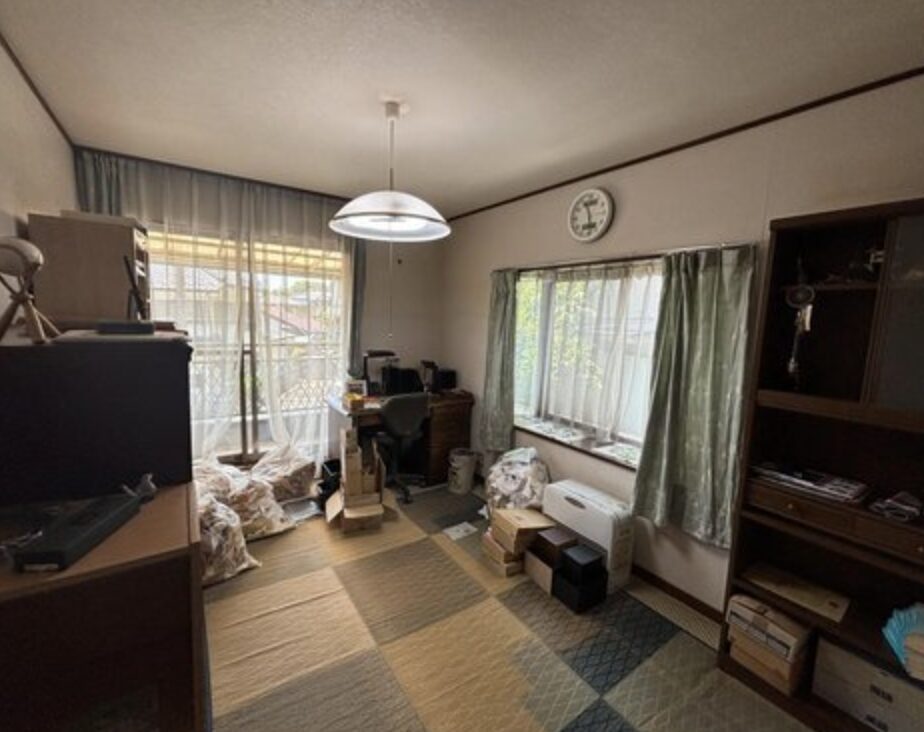
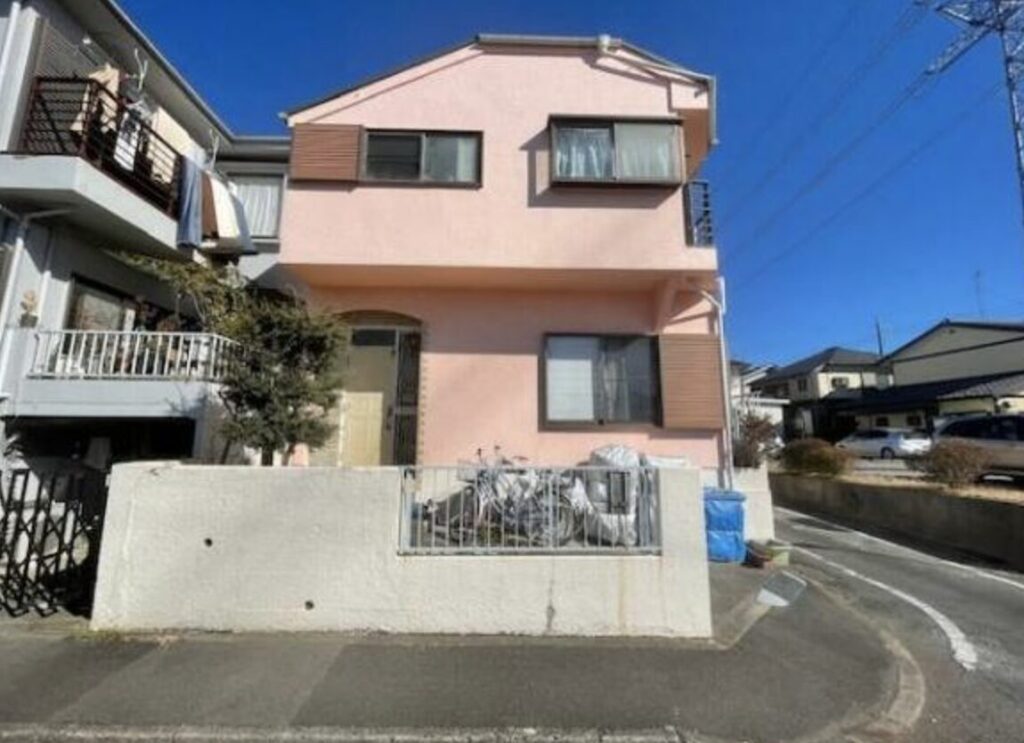
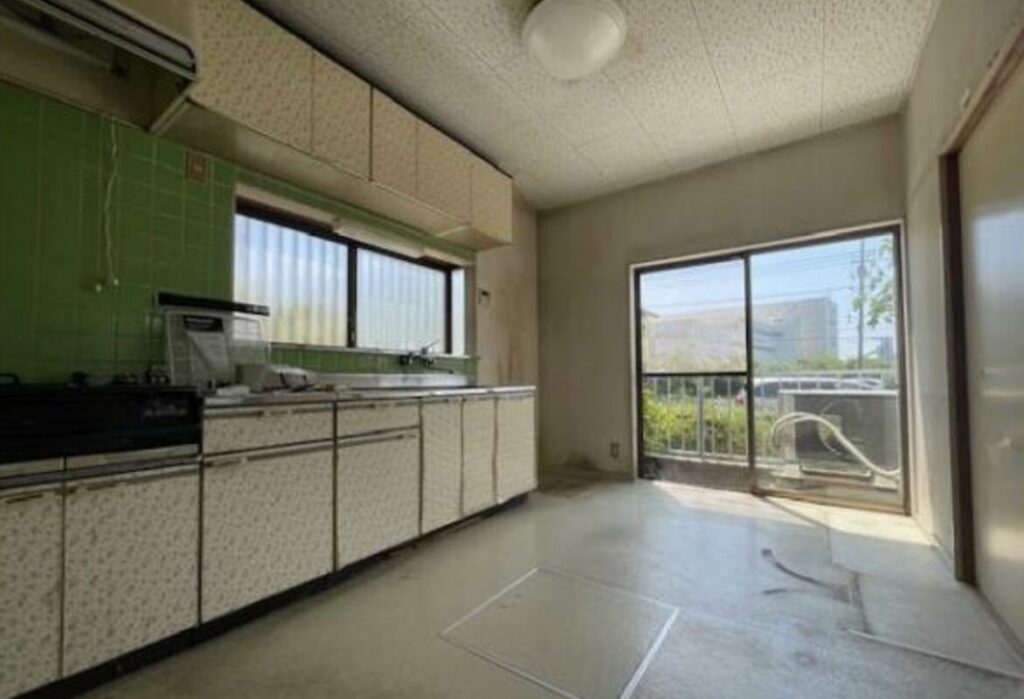
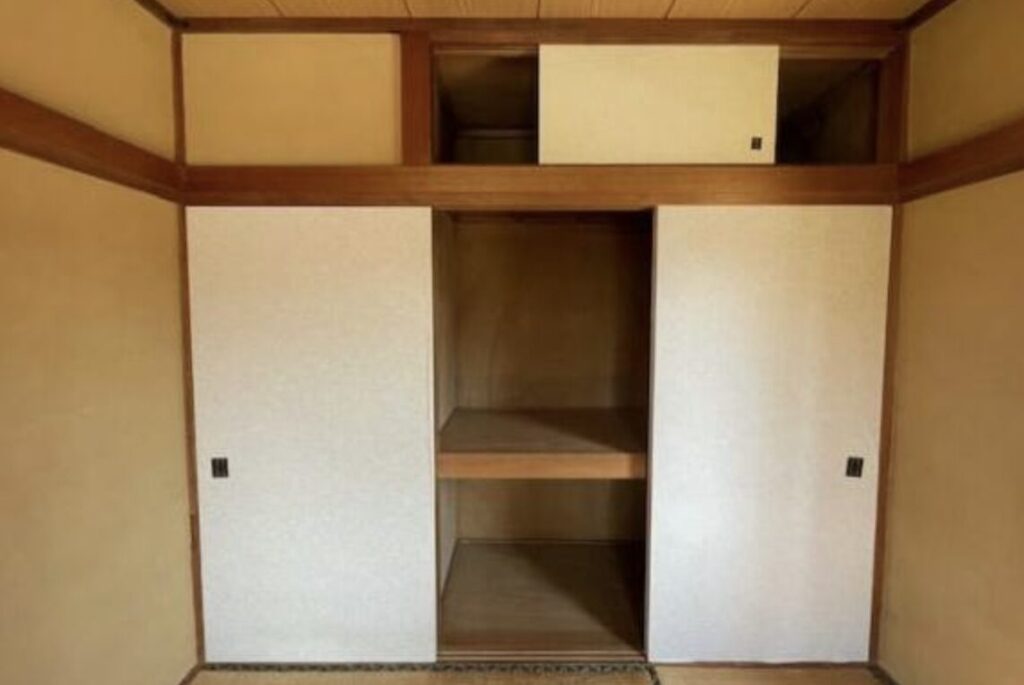
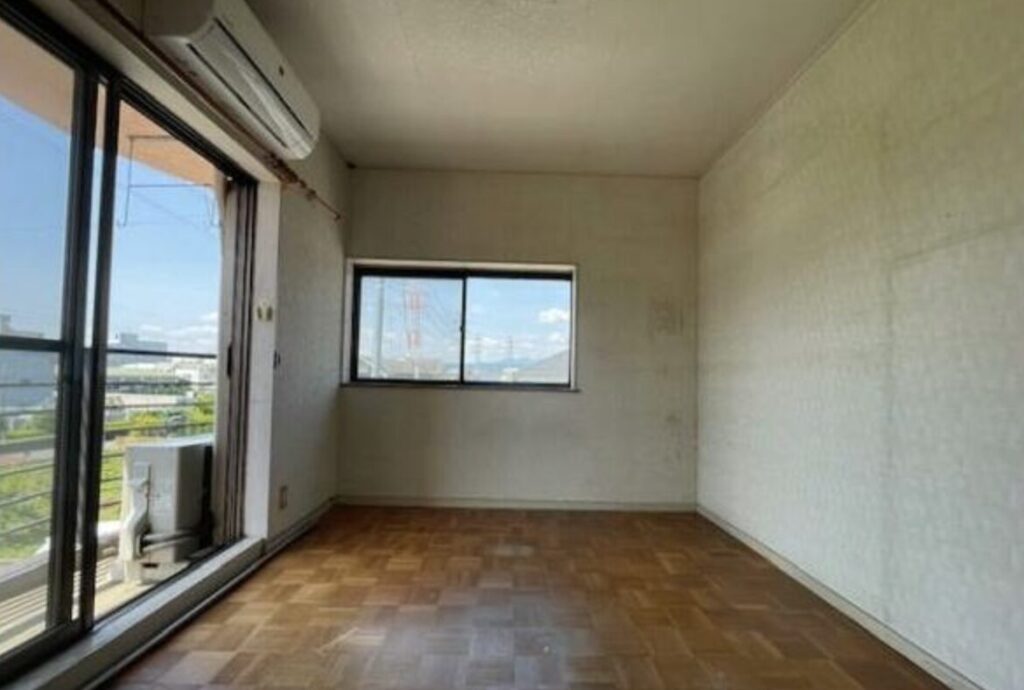
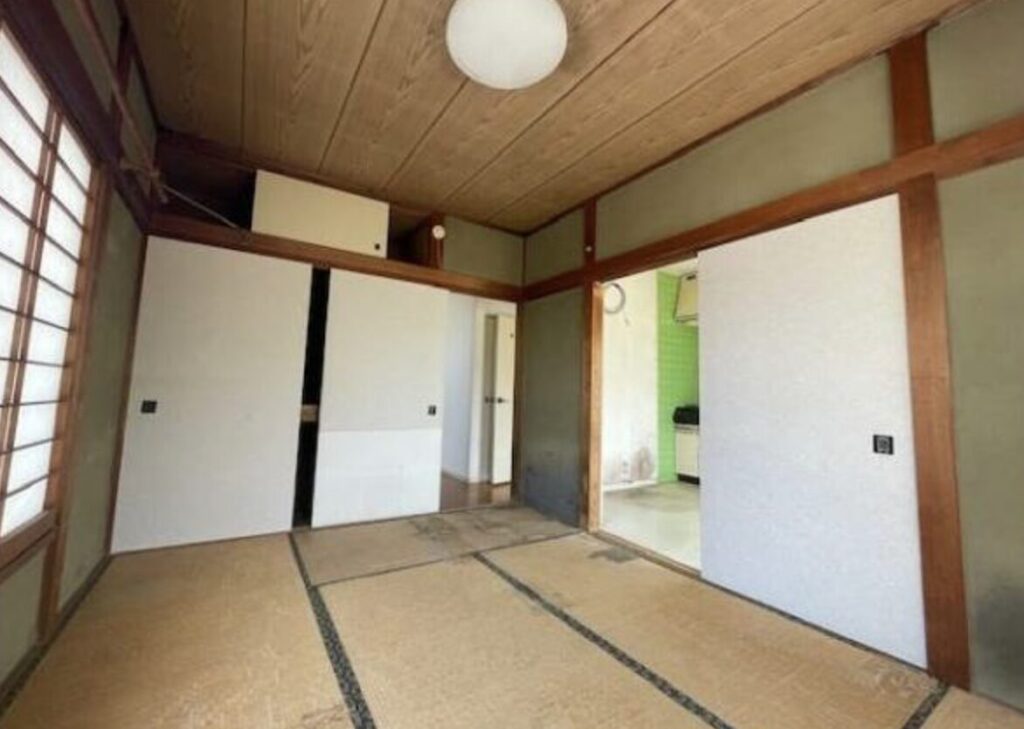
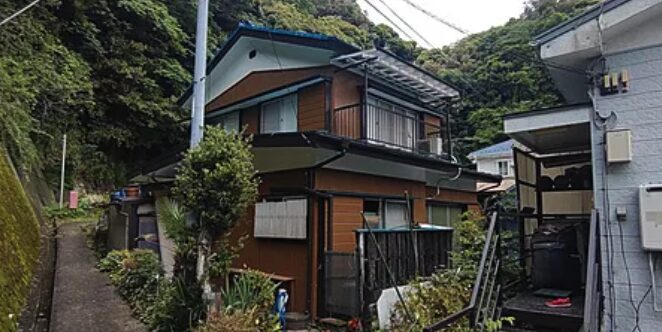
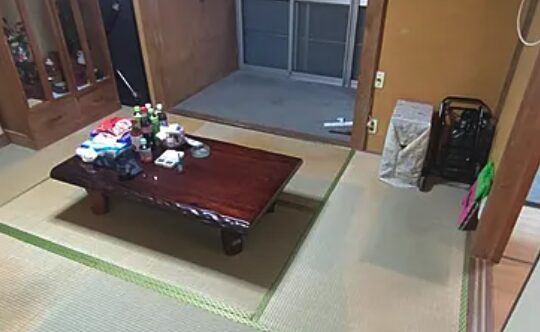
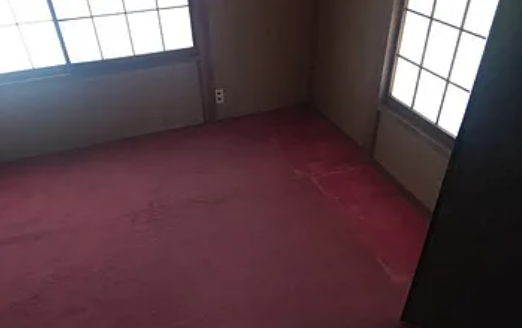
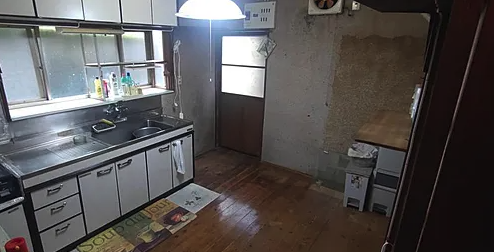
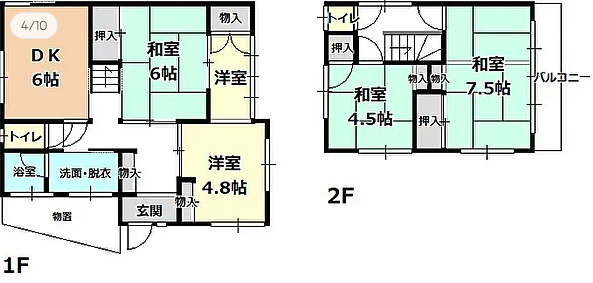
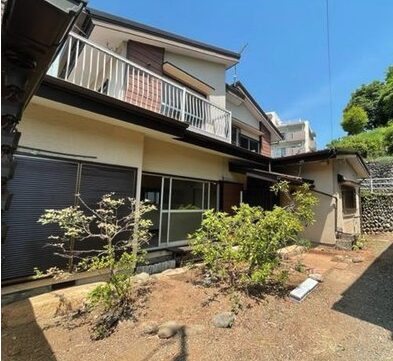
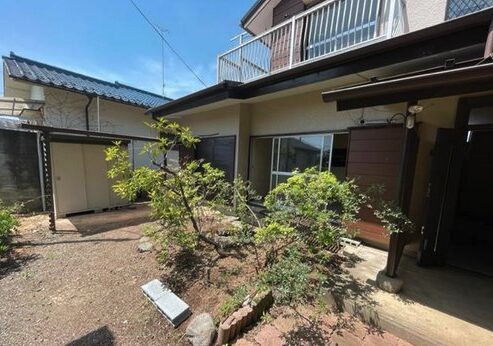
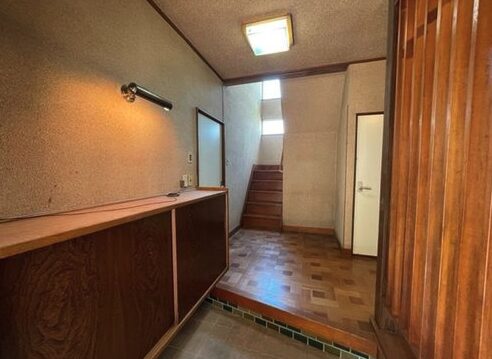
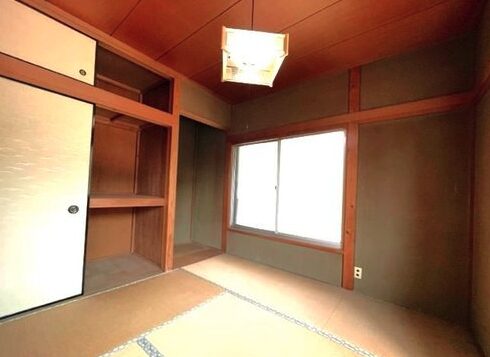
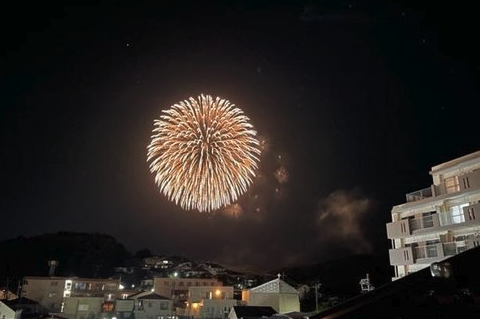
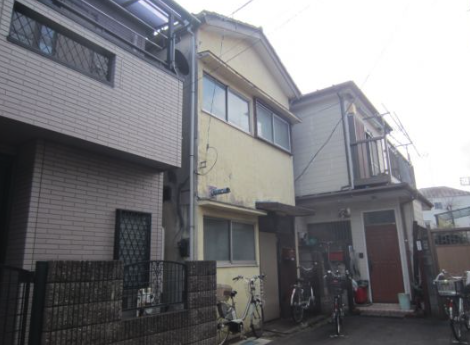
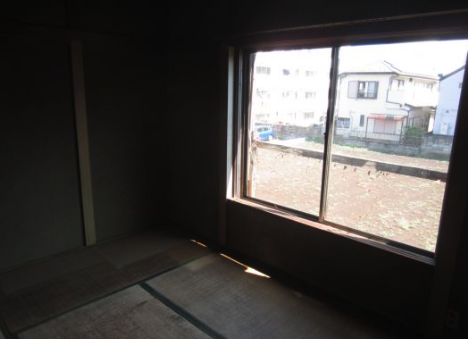
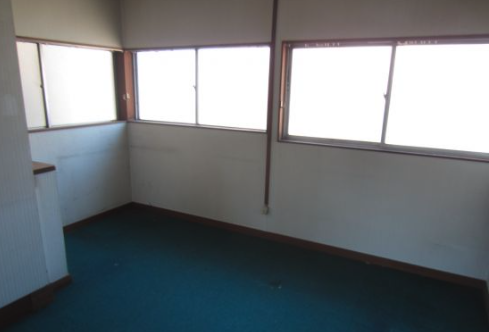
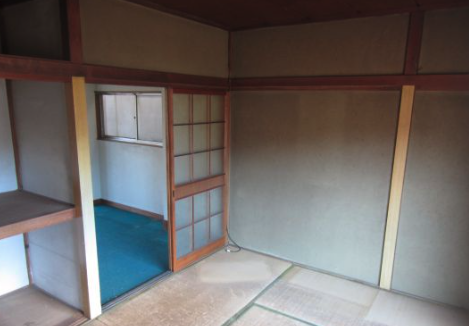
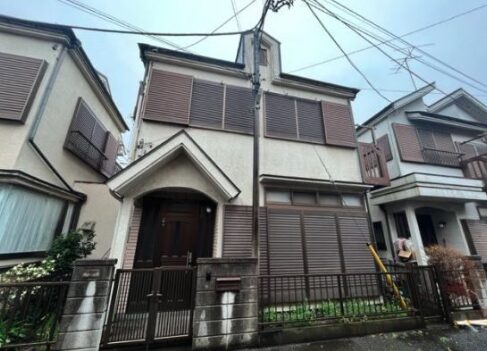
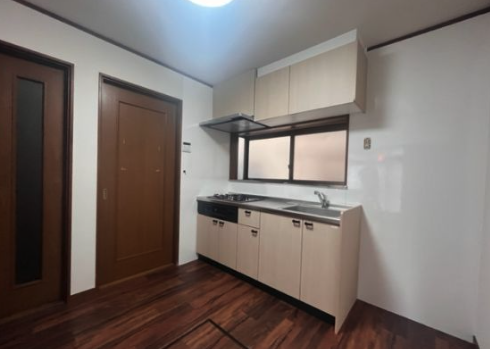
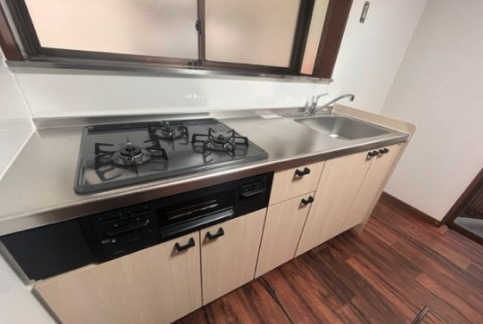
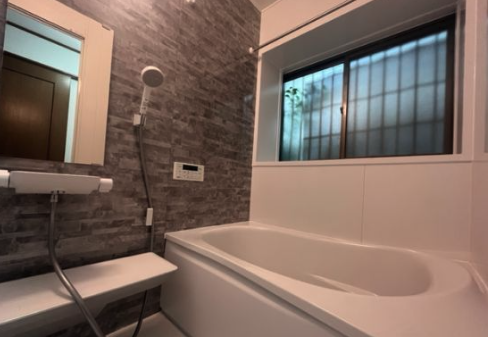
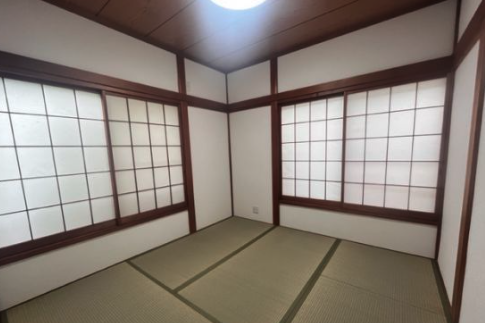
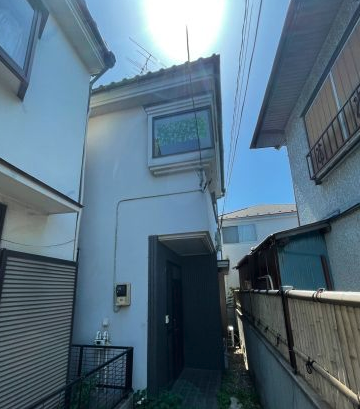
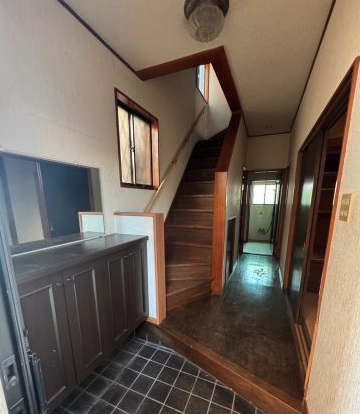
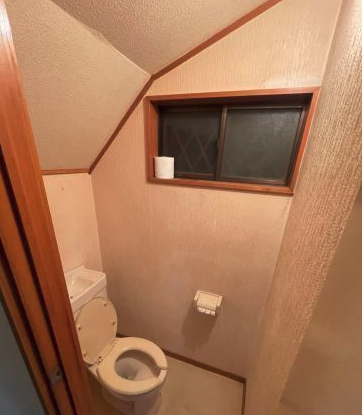
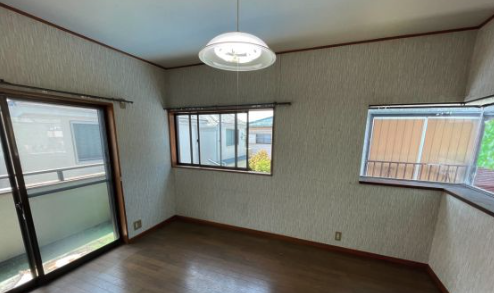
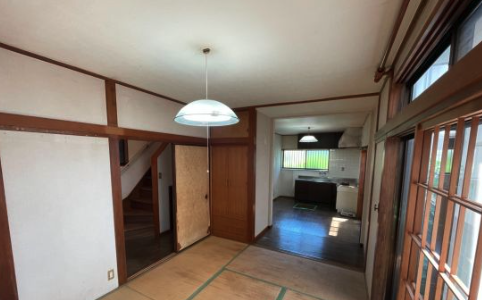
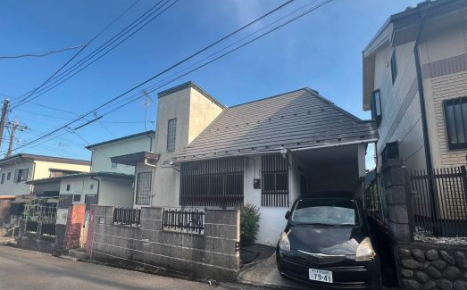
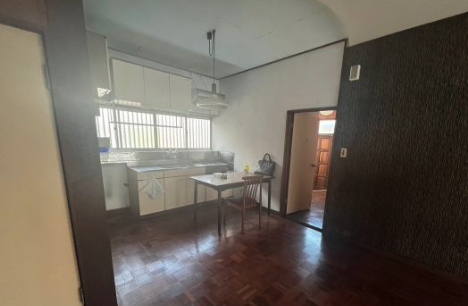
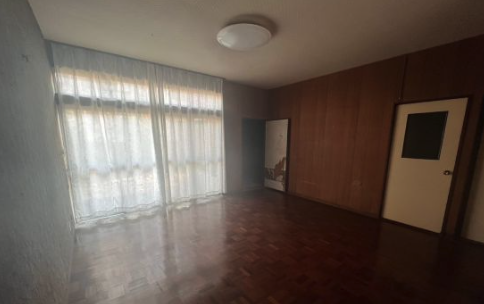
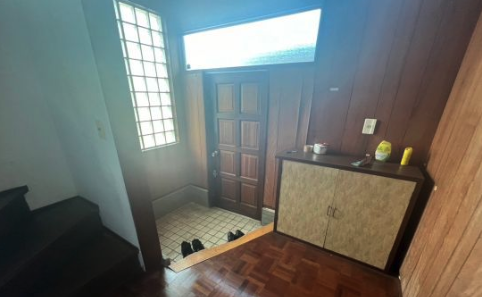
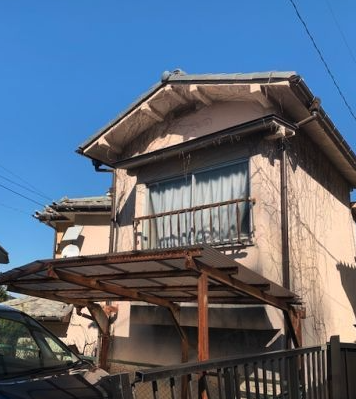
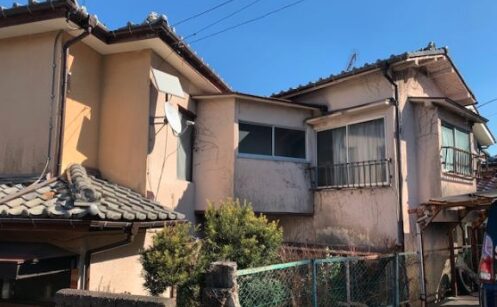
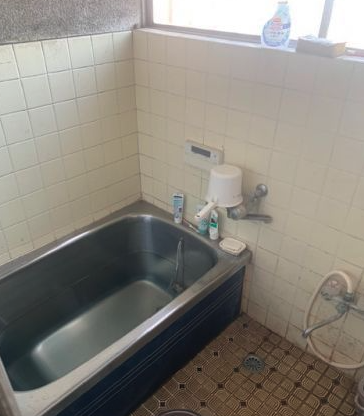
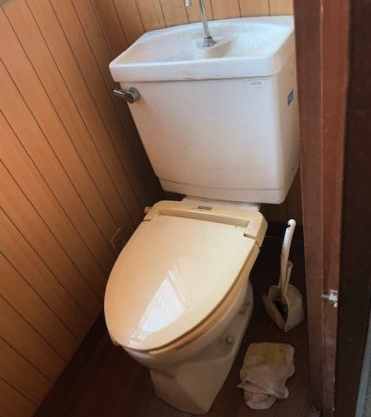
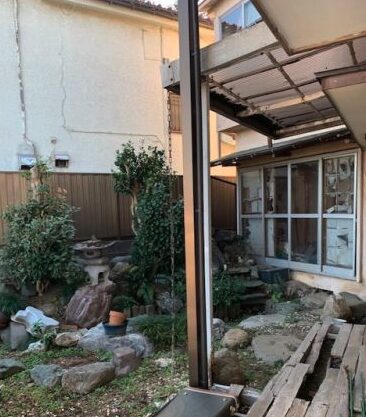
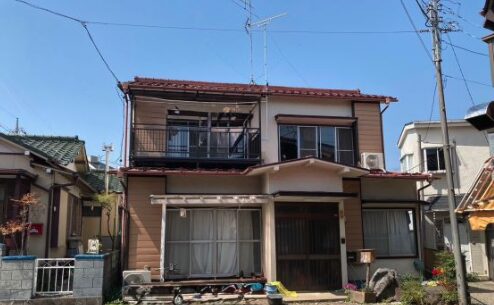
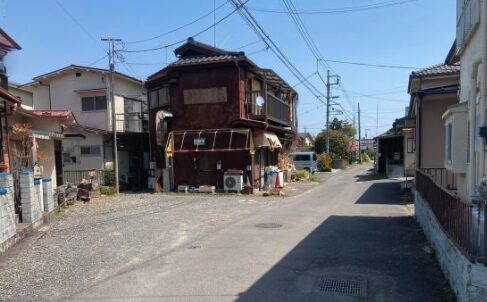
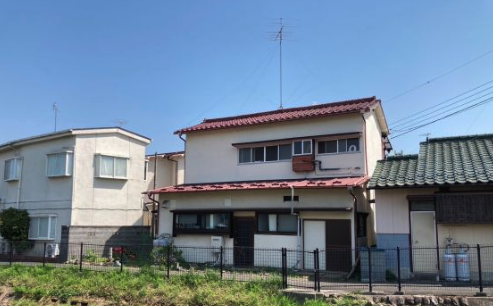
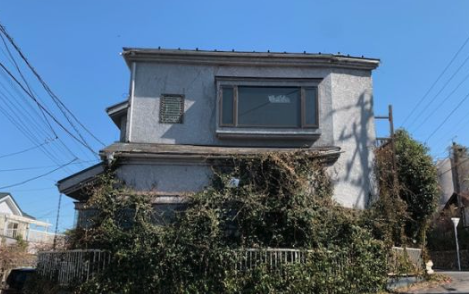
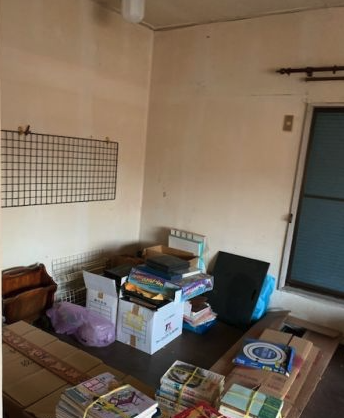
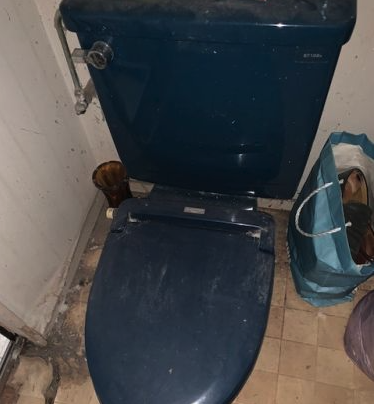
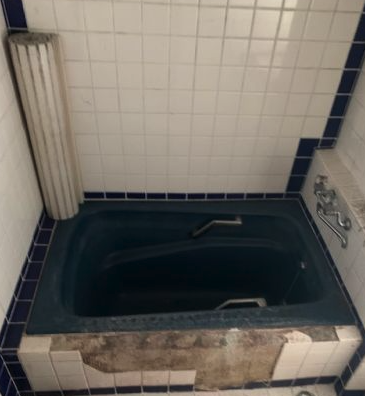
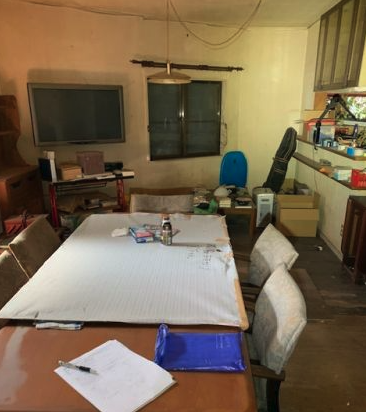
No comments yet.